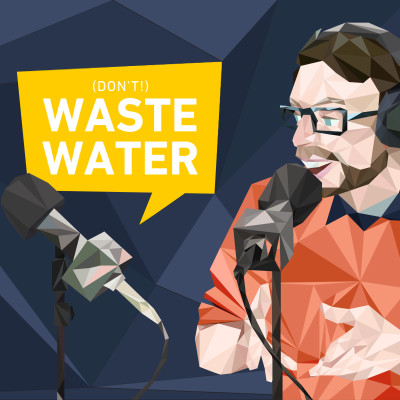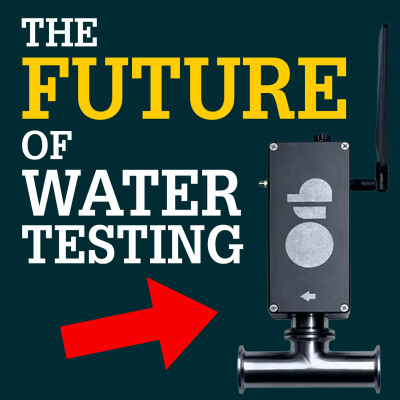Description
What used to be garbage is now a treasure!
The world needs to find 500'000 tons of Lithium per year to cope with the galloping growth in electric vehicles.
Even God - sorry, Elon Musk - acknowledged that we're swiftly running into problems.
Over the last year, Lithium prices rose by 500%, so that nowadays, this increase alone costs about 1'000 dollars for every Tesla.
Yet, the two conventional lithium production processes face major constraints.
Salt lakes need two years of evaporation, and conventional mining requires about 70'000 liters of water to produce one ton of Lithium.
Fun fact: those mines are often to be found in deserts.
The good news is that, ultimately, lithium production is a water question and that the water industry is full of resources.
Indeed, by leveraging membrane and ion exchange processes, companies like Saltworks create a third path: Lithium extraction from brines.
Bonus point: this process also has the good taste to enhance the yield and the sustainability of the two others!
Remember how brines used to be garbage? Well... What used to be garbage is now a treasure!
Wanna dive deeper into this #WaterIndustry story? Check out my in-depth investigation with Benjamin Sparrow, the CEO of Saltworks.
🎙️ PODCAST 🎙️
Website: https://dww.show/podcast/
Smartlink: https://smartlink.ausha.co/dont-waste-water
👋 SOCIAL MEDIA 👋
LinkedIn: https://www.linkedin.com/in/antoinewalter1/
Instagram: https://www.instagram.com/dwwpodcast/
Twitter: https://twitter.com/AntoineWalter7
Facebook: https://www.facebook.com/DontWasteWaterPodcast
Hosted on Ausha. See ausha.co/privacy-policy for more information.


![25 Years of Acquisitions Built This Water Tech Powerhouse [M&A] cover](https://image.ausha.co/6xHgWghhG8OqgQaZ4Jpi3EzqoqcC8w1w1vWw6qNl_400x400.jpeg)

